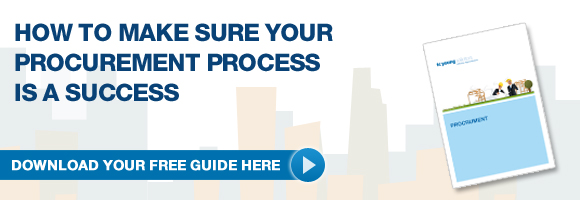
The business of lobbying for change, and knowing when to move on, can be a sensitive one. To try to stop bad policy or law being introduced, you offer sound evidence of the damage it will cause. On welfare reform it's no surprise that bodies such as CIH and SFHA, along with the Scottish Government itself, have sought to assess the impact of changes such as the bedroom tax.
Immense efforts some behind closed doors were made to try to help Lord Best and his fellow peers vote down the punitive under occupation penalties, but ultimately without any success where it mattered in the House of Commons.
And right now there are ongoing efforts to influence sensible changes to the Universal Credit regulations. But apart from this, surely the time has long since passed to stop shouting about how terrible it's all going to be and support the housing sector in looking at all possible means of making things less awful than they might otherwise be.
In Scotland, with its geographical and (more pertinently) political distance from Westminster, there has perhaps been a greater tendency for the shouting to continue: nationalist politicians are going to get particular kicks out of telling the world how cruel the Coalition Government's actions are (and they are, of course). In turn, this implicitly encourages other organisations to join in, regardless of whether there's any practical point in doing this long after the horse has bolted.
Estimating how much money an individual landlord or indeed the sector as a whole stands to lose is an important element of planning for change. But there's also a risk that if we dwell too long on how calamitous everything is, we won't focus enough on what we can do to limit some of the damage. And there might be other unwanted impacts such as making lenders even keener than they already are to renegotiate existing covenants.
Whether it's the bedroom tax in the shorter term, or looking at direct payment and financial capability issues under Universal Credit, there's so much that can be done. Apart from anything else we need to know now which tenants are affected and talk with them about what's coming.
Let's face it - when a lot of tenants first reaction is what do you mean, I don't pay rent then you know you've a lot of serious work to do to. There's no more time for crying over spilt milk.
Thanks to David Bookbinder for writing this blog.

